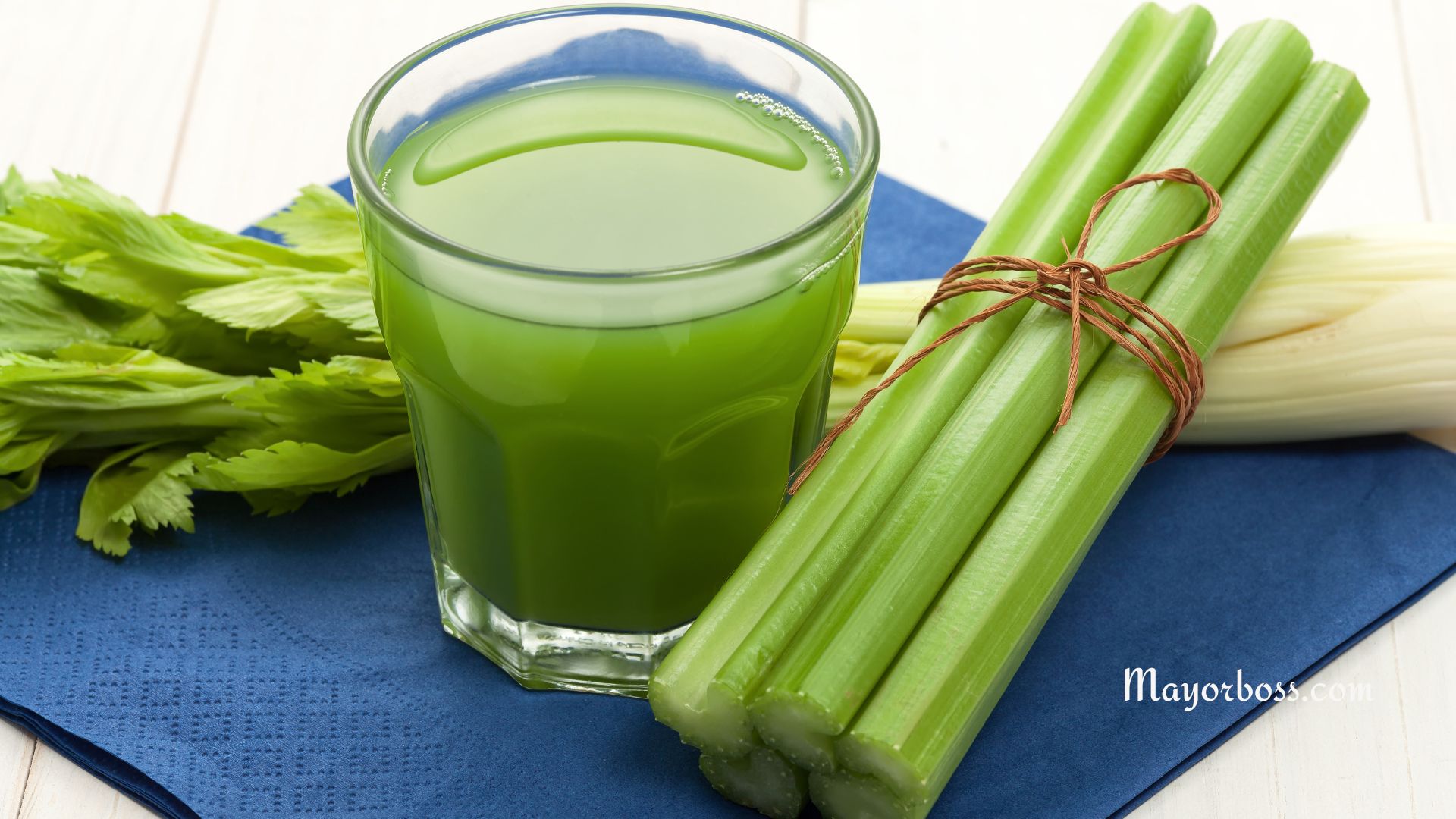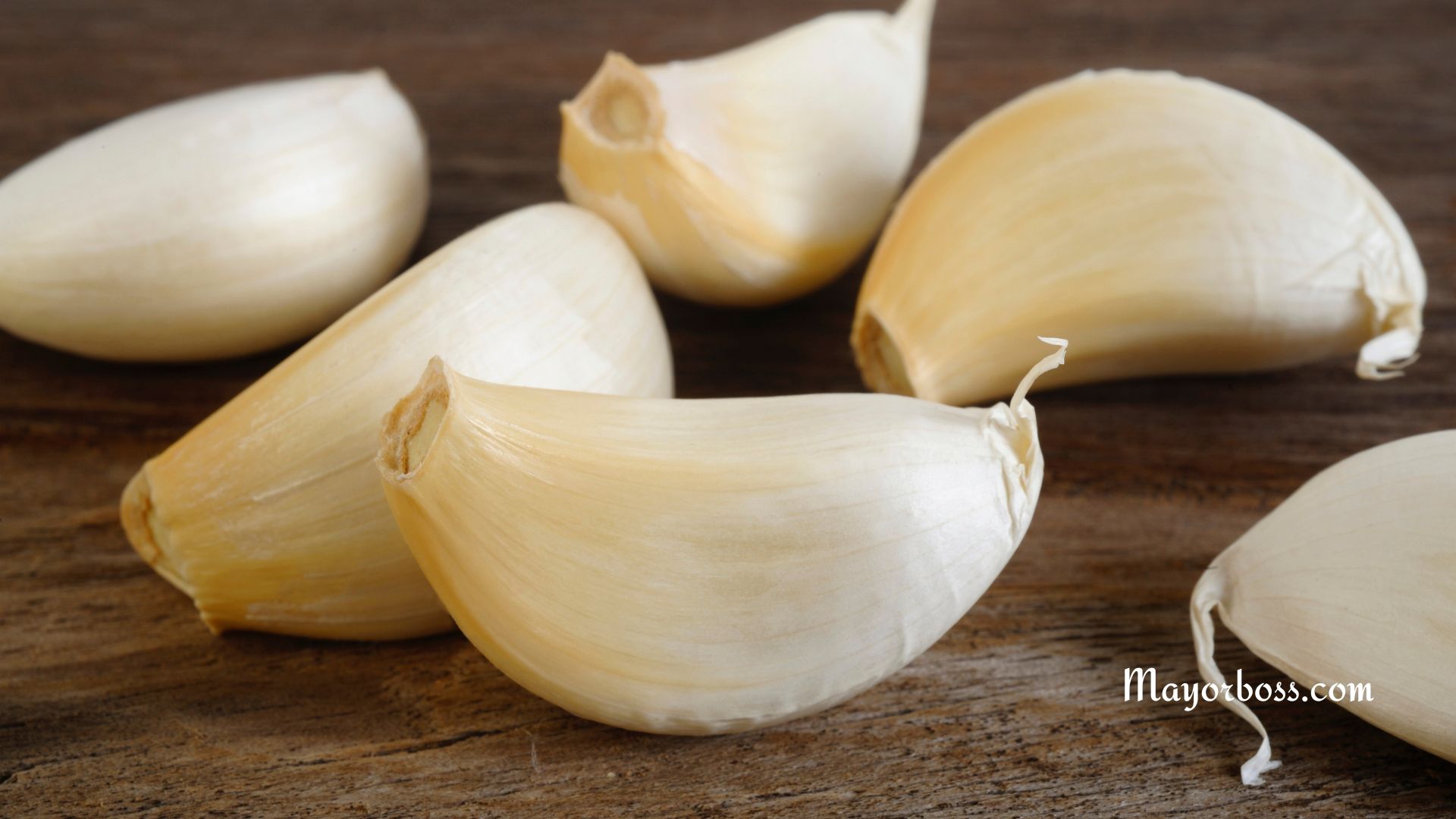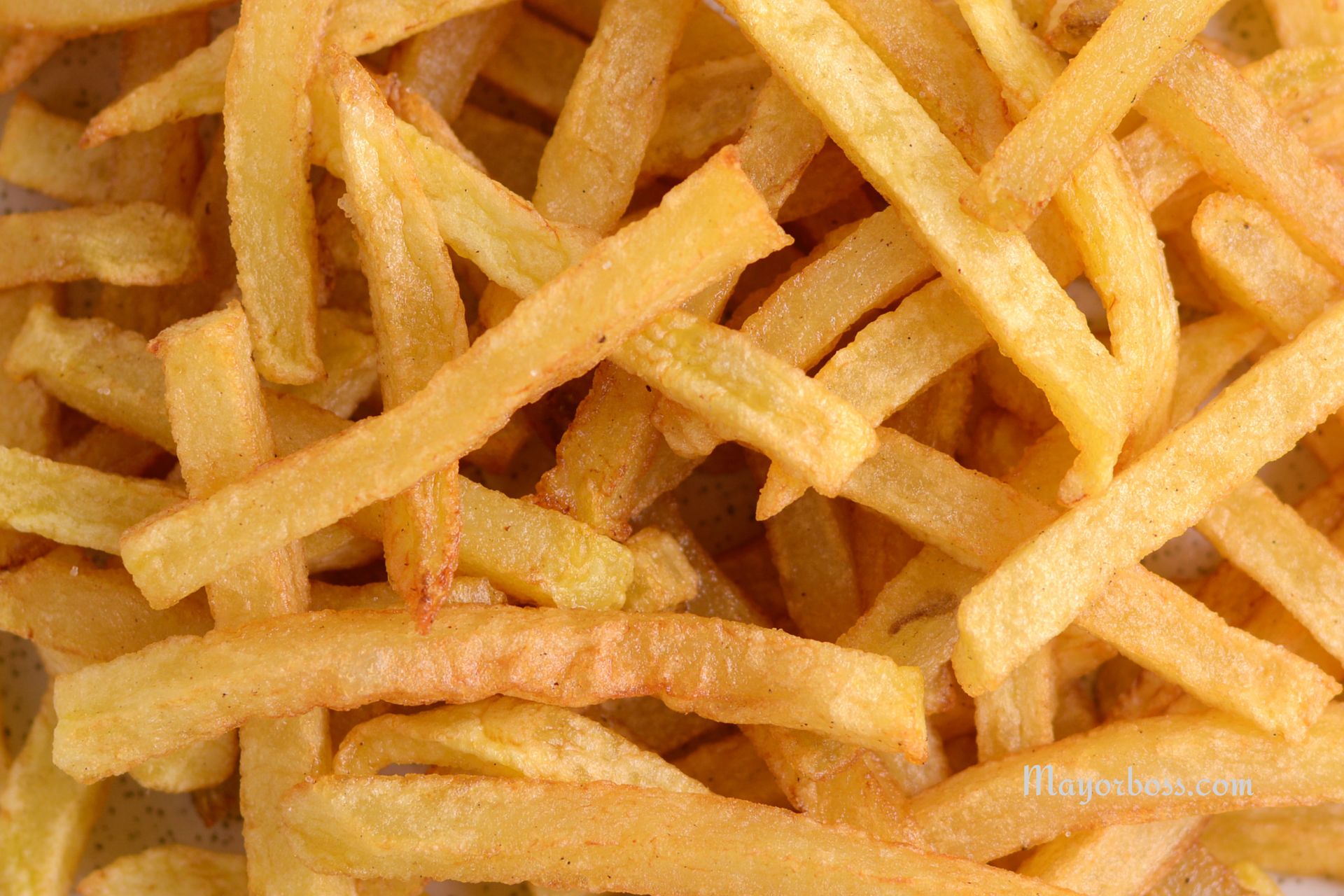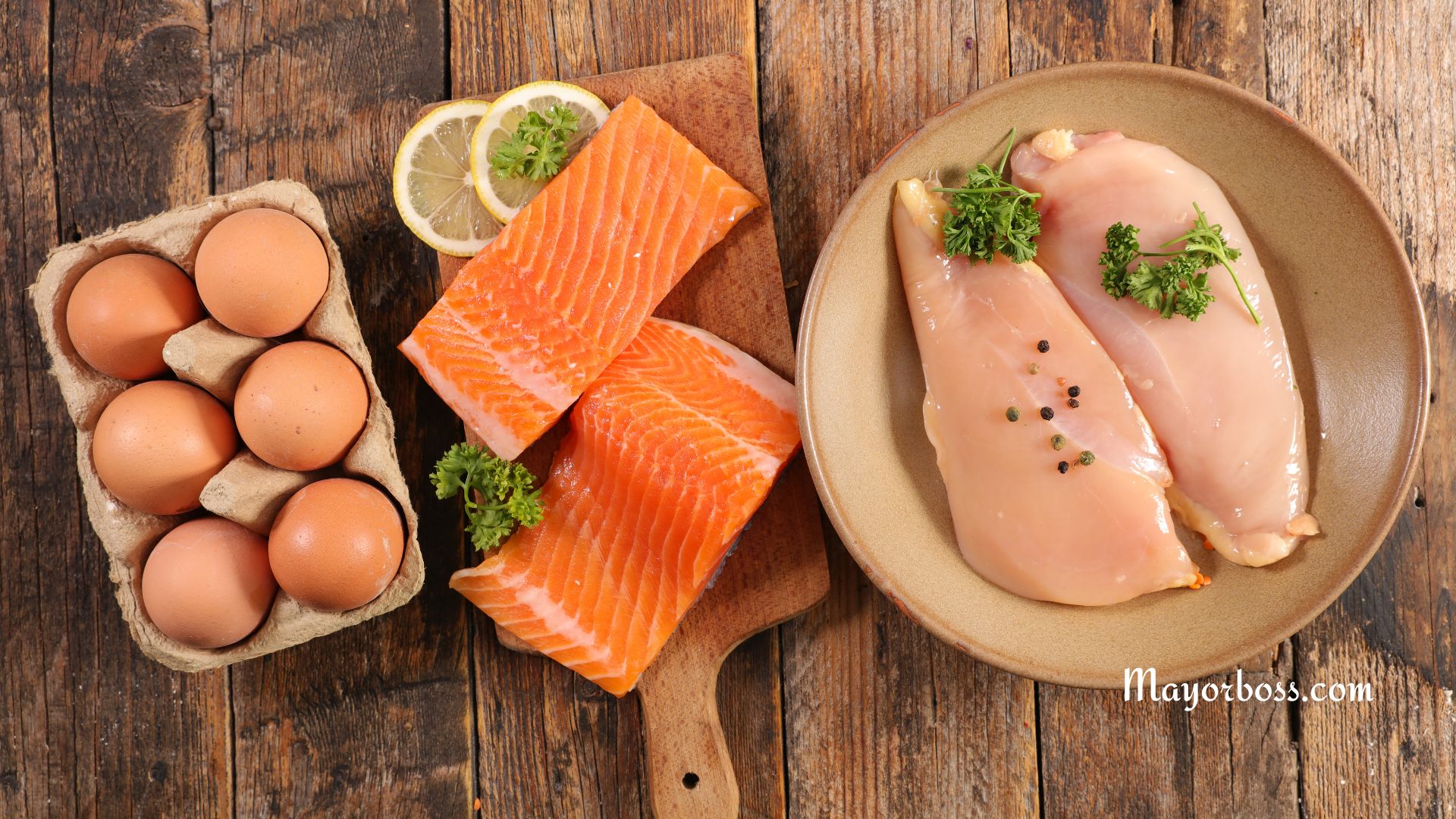6 Benefits of Chia Seeds
You may have heard about chia seeds, but do you know about the numerous benefits they hold? Especially the benefits of chia seeds, which are sweeping the health food industry.
Today, I am here to shed light on these tiny yet potent seeds.
What are Chia Seeds?
Chia seeds, originally from Central and South America, come in black or white seeds and are quite small.
They are highly regarded for their impressive nutritional profile, despite their minuscule size.
In recent years, chia seeds have gained recognition as a “superfood” due to their high content of omega-3 fatty acids, dietary fiber, protein, and antioxidants.
They also contain a good amount of vitamins and minerals such as calcium, zinc, iron, magnesium, and phosphorus.
Chia seeds are tasteless, which makes them easy to add to a variety of dishes. You can sprinkle them on top of cereals, salads, and yogurt or blend them into smoothies.
They can also absorb water to form a gel-like substance, which is often used in baking as a substitute for eggs or as a thickening agent.
Despite their small size, chia seeds have big potential benefits.
What Are The Health Benefits of Chia Seeds?
May Promote Digestive Health
The high fiber content in chia seeds can support your digestive health.
Particularly, they aid in maintaining regular bowel movements and promoting healthy gut microbiota.
According to Ayurveda, consuming chia seeds regularly can significantly improve your digestive health and prevent constipation.
May Boost Heart Health
When it comes to heart health, chia seeds are real champions. According to the American Society for Nutrition, they are packed with omega-3 fatty acids, which are known to lower the risk of heart disease.
Scientific evidence suggests that consuming chia seeds can help reduce triglycerides in the blood, lower LDL cholesterol levels, and increase HDL cholesterol levels – all benefits of chia seeds for your heart health.
May Aid in Weight Loss
But wait, there’s more. The benefits of chia seeds extend to aiding in weight loss as well.
When consumed, chia seeds absorb water and expand in the stomach, which can help you feel full and satisfied, thus reducing calorie intake.
Moreover, due to their high fiber and plant protein content, chia seeds can reduce appetite and food intake, promoting weight loss.
May Reduce Blood Sugar Levels
Another significant benefit of chia seeds lies in their potential to help manage blood sugar levels.
Several studies have found that the fiber in chia seeds can slow the absorption of sugar into the bloodstream and reduce blood sugar spikes, making them a potentially useful food for people with diabetes.
May Improve Bone Health
An unexpected health benefit of chia seeds is that they can improve your bone health.
They are rich in several essential minerals, including calcium, phosphorus, and manganese help in strengthening bones.
In fact, modern studies have shown that regularly consuming chia seeds can support bone health and increase bone density.
The Bottom Line
Chia Seeds are nutrient-packed superfoods that offer a variety of health benefits. They are high in antioxidants, fiber, and omega-3 fatty acids.
Basically, they can help with digestion, control blood sugar and promote heart health. Try including Chia Seeds in your diet for maximum benefit!
Frequently Asked Questions
Incorporating chia seeds into your diet is remarkably easy because of their mild flavor and versatility.
You can sprinkle them over salads, stir them into yogurt, mix them into baked goods, or add them to smoothies.
One popular way to eat chia seeds is to make chia seed pudding, which involves soaking the seeds in liquid (like milk or a milk substitute) until they expand and form a gel.
While there’s no strict guideline on how much chia seeds one should consume daily, a common dosage recommendation is 20 grams, or about 1.5 tablespoons, twice a day.
However, because chia seeds are high in fiber, it’s important to start with a smaller amount and increase slowly to avoid digestive discomfort.
Generally, chia seeds are safe to eat and cause few side effects.
Nevertheless, as they’re high in fiber, eating too many too quickly may lead to digestive issues like bloating, gas, and abdominal discomfort.
Also, because they absorb liquid and expand, it’s crucial to eat them after they’ve been soaked and expanded or ensure you drink plenty of fluids after consuming them dry.
If you have a history of swallowing or digestive problems, you should consult your doctor before adding chia seeds to your diet.
Further Reading: Why You Should Start Drinking Chia Seed Water






